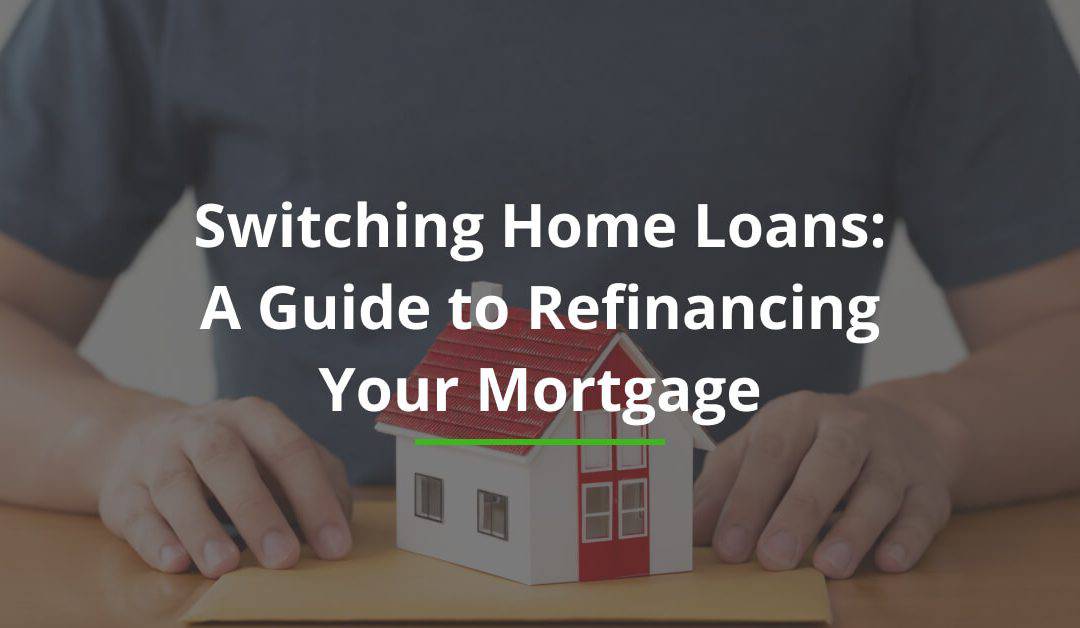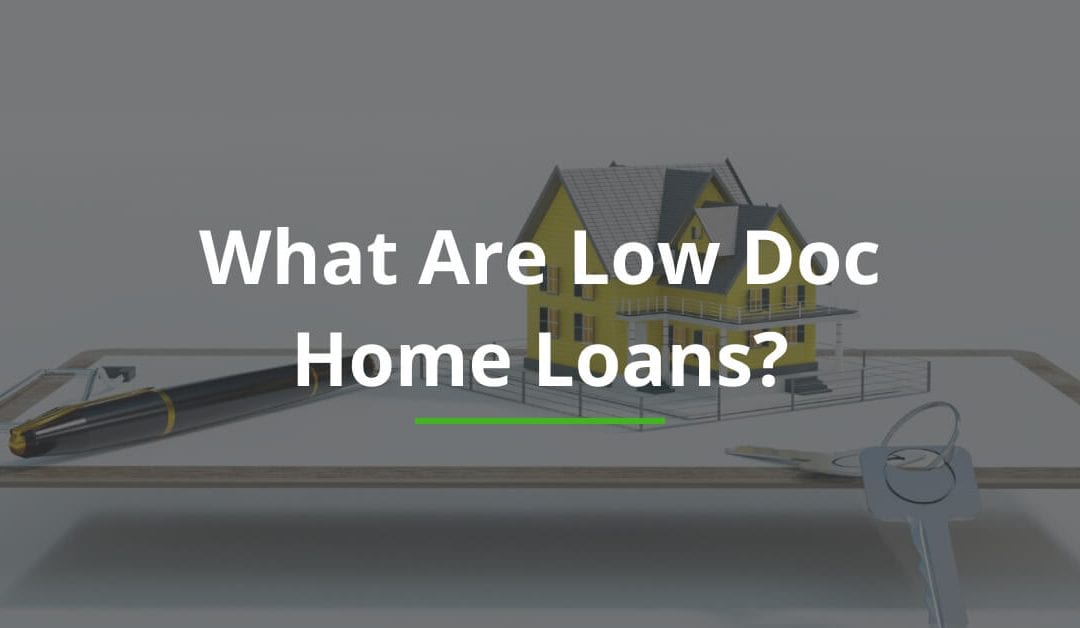While it might feel like property prices are skyrocketing out of reach, the majority of Australian homes are actually cheaper to buy than rent over the next decade, according to a new report.
The latest REA Insights Buy or Rent 2021 Report reveals it is cheaper to buy than rent around 57% of dwellings across Australia, based on modest housing price growth of 3% per year over the next decade.
Now, the results differ by property type and from state to state, which we’ve broken down further below.
But across the nation, the report found that just over half of houses are cheaper to buy over the next 10 years, while the share of units that are cheaper to buy is almost 75%.
Table of Contents
- So why is it generally cheaper to buy than rent across the nation?
- State vs state breakdown
- So here’s the catch in the analysis
- How we can help you start buying, and stop renting
So why is it generally cheaper to buy than rent across the nation?
Well, record-low mortgage interest rates are the main driver of favourable buying conditions.
“Interest rates can currently be fixed below 2% per year and the Reserve Bank of Australia has committed to maintaining low-interest rates until at least 2024,” explains Realestate.com.au economist Paul Ryan.
“This certainty that mortgage costs are not going to increase rapidly provides comfort to buyers borrowing larger amounts.”
Given these low-interest expenses, Mr Ryan says that moderate property price growth (which means having an asset that’s growing in value) will likely offset the additional costs of owning a property, such as stamp duty, maintenance and council or strata rates.
State vs state breakdown
Below is REA Insight’s state-by-state breakdown of the percentage of suburbs where it is cheaper to buy than rent. Houses below have three bedrooms, units have two bedrooms:
NSW: 41.3% (of suburbs) for houses, 69.1% (of suburbs) for units
Victoria: 42.2% for houses, 67.6% for units
Queensland: 85.4% for houses, 98.4% for units
South Australia: 73.6% for houses, 98.4% for units
Western Australia: 69.7% for houses, 98.4% for units
Tasmania: 73.2% for houses, 100% for units
Northern Territory: 97.6% for houses, 100% for units
ACT: 65.7% for houses, 100% for units
So here’s the catch in the analysis
The REA Insights analysis assumes buyers already have access to a 20% deposit, which remains the biggest hurdle for many buyers – especially for first home buyers as prices continue to rise.
“Many would-be buyers can already afford loan repayments, but struggle to save a deposit while renting,” adds Mr Ryan.
“Continued price growth may cause additional concern for many in this position.”
How we can help you start buying, and stop renting
As mentioned just above, saving for a house deposit is the biggest hurdle for many of those dreaming of living in a home they can call their own.
But the good news is that there are several potential options to help you get a foot on the property ladder quicker.
One option is the First Home Loan Deposit Scheme, which allows eligible first home buyers with only a 5% deposit to purchase a property without paying for lenders mortgage insurance (LMI).
It’s due to accept applications for a further 10,000 hopeful homebuyers from July.
There’s also a range of first home buyer grants and stamp duty concessions around the country that you might be eligible to apply for.
For more information, give us a call today – we’d love to discuss with you your finance options to help you make the leap from renter to buyer.
Disclaimer: The content of this article is general in nature and is presented for informative purposes. It is not intended to constitute tax or financial advice, whether general or personal nor is it intended to imply any recommendation or opinion about a financial product. It does not take into consideration your personal situation and may not be relevant to circumstances. Before taking any action, consider your own particular circumstances and seek professional advice. This content is protected by copyright laws and various other intellectual property laws. It is not to be modified, reproduced or republished without prior written consent.





